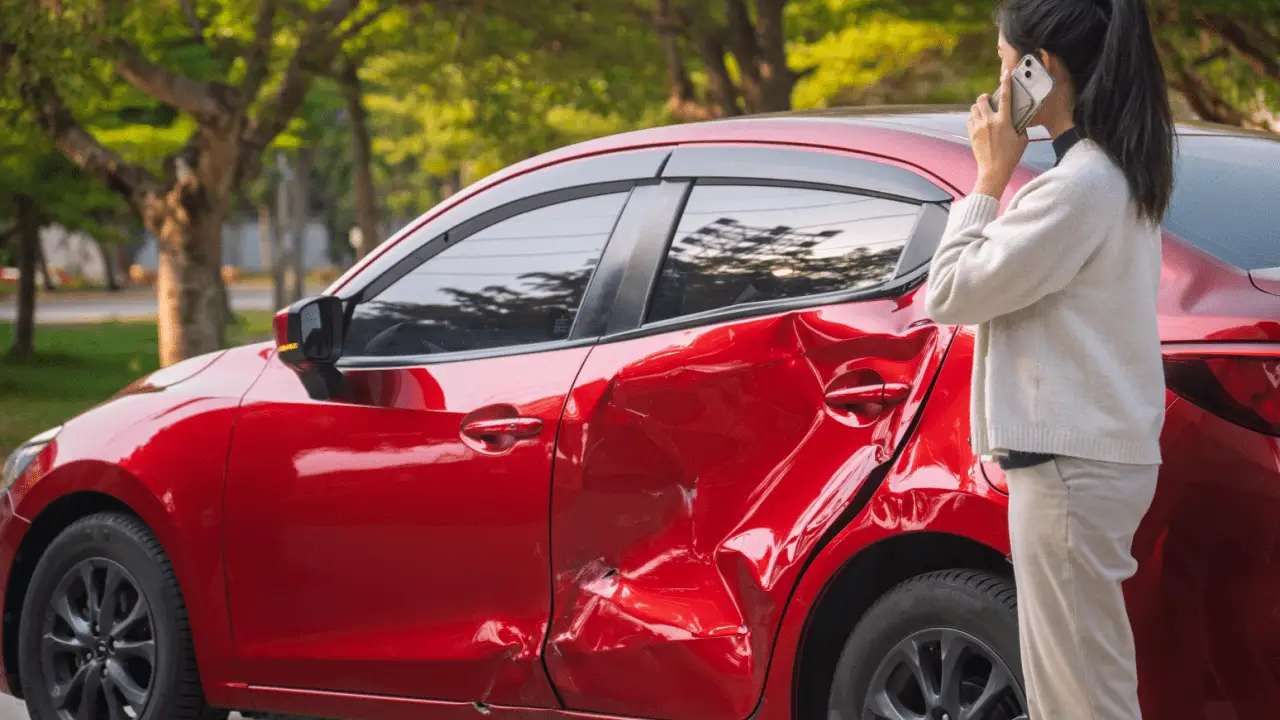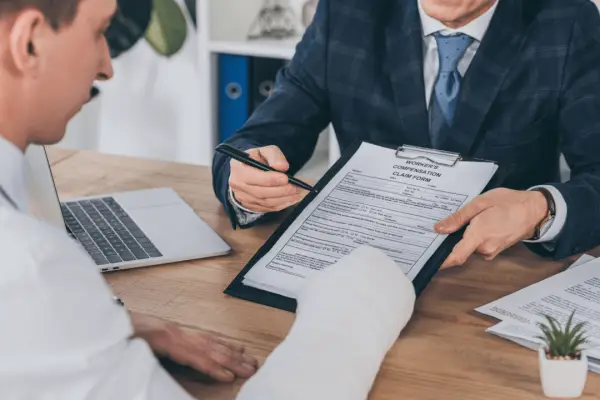
How Much Is My Car Worth After Being in an Accident?
Value Insight: How Much Is My Car Worth After Being in an Accident?
Car accidents can leave you wondering about your vehicle’s current value and future worth. How much is my car worth after being in an accident depends on several critical factors including damage severity, repair costs, and your car’s pre-accident condition. Understanding these elements helps you make informed decisions about repairs, insurance claims, and potential sales.
Your car’s post-accident value typically decreases due to diminished value, which occurs even after professional repairs. Insurance companies, buyers, and dealerships often view accident-damaged vehicles as less reliable and valuable than comparable cars with clean histories.
Damage Assessment Methods: Evaluating Your Vehicle’s Current Worth
Professional appraisers use specific methods to determine how much your car is worth after being in an accident. They examine structural damage, cosmetic issues, and mechanical problems that may affect safety and performance.
Insurance adjusters typically calculate your car’s actual cash value (ACV) by subtracting depreciation from the replacement cost. This assessment considers your vehicle’s age, mileage, condition before the accident, and current market values for similar cars.
Independent appraisers provide unbiased evaluations that may differ from insurance estimates. These professionals often give more detailed assessments of diminished value, which represents the difference between your car’s worth before and after the accident.
Market Factors Affecting: Post-Accident Vehicle Valuation
Several market conditions influence how much your car is worth after being in an accident. Vehicle make and model popularity affects resale values, with luxury cars typically experiencing larger value drops than economy vehicles.
Current supply and demand in your local market impacts pricing significantly. Areas with high accident rates may have more damaged vehicles for sale, reducing overall values. Conversely, regions with limited inventory might maintain higher prices for accident-damaged cars.
Seasonal trends also play a role in valuation. Convertibles lose less value during spring and summer months, while all-wheel-drive vehicles maintain better worth during winter seasons, even with accident history.
Professional Appraisal Process: Getting Accurate Value Estimates
Licensed appraisers follow standardized procedures to determine how much your car is worth after being in an accident. They inspect exterior damage, interior wear, mechanical systems, and safety features to provide comprehensive valuations.
The appraisal process includes reviewing repair estimates, examining work quality on fixed components, and comparing your vehicle to similar cars in the marketplace. Appraisers also consider factors like title status, maintenance records, and regional market conditions.
Digital valuation tools like Kelley Blue Book and Edmunds offer preliminary estimates, but professional appraisals provide more accurate assessments for insurance claims, legal proceedings, or sale negotiations. Government agencies like the National Highway Traffic Safety Administration (NHTSA) provide vehicle identification databases and safety information that appraisers reference during valuations.
Insurance Settlement Considerations: Maximizing Your Claim Value
Insurance companies determine how much your car is worth after being in an accident using their own assessment methods. Understanding these processes can help you evaluate insurance assessments and decide whether additional documentation or review may be appropriate.
Diminished value claims may allow vehicle owners to seek review of a car’s reduced market value after repairs, depending on state laws and insurance policy terms. Georgia, Kansas, and North Carolina specifically recognize these claims, while other states handle them differently through insurance regulations. State insurance commissioners, like the Washington State Office of the Insurance Commissioner, provide consumer protection resources and guidelines for total loss valuations.
Filing Diminished Value Claims
Documentation is crucial for successful diminished value claims. Gather pre-accident photos, maintenance records, and independent appraisals to support your case. Professional estimates showing repair costs and quality help demonstrate your vehicle’s reduced marketability. The U.S. Department of Transportation oversees federal vehicle safety standards and provides regulatory guidance that insurance companies reference during claims processing.
Final Assessment Summary: Your Car’s True Post-Accident Worth
How much your car is worth after being in an accident depends on damage extent, repair quality, market conditions, and documentation quality. Professional appraisals provide the most accurate valuations, while insurance estimates may differ from independent appraisals. Reviewing multiple valuation sources can help inform decisions about repairs, replacement, or further review.
Take Action Now: Get Professional Vehicle Valuation
Don’t accept the first offer you receive for your accident-damaged vehicle. Consider contacting a qualified vehicle appraiser who specializes in post-accident valuations to better understand your car’s current market position. A professional assessment may help inform discussions with insurers or other parties.
Frequently Asked Questions
1. How much value can a car lose after an accident?
The amount of value a car may lose after an accident can vary widely. Factors such as the type of damage, repair quality, vehicle history, and local market conditions all play a role. Each situation is different.
2. Will my car be worth less even after repairs?
In many cases, vehicles with an accident history may be viewed differently by buyers or dealers, even after repairs are completed. This perception can influence resale or trade-in considerations.
3. How can I estimate my car’s value after an accident?
Post-accident value is often estimated by reviewing the vehicle’s condition, repair records, and comparable listings in the market. Independent appraisals may provide additional insight beyond automated valuation tools.
4. Are diminished value claims available through insurance?
Some insurance policies and state laws allow vehicle owners to request a review of diminished value. Requirements and availability can vary, so reviewing policy terms or applicable regulations may be helpful.
5. Should I repair or sell a car after an accident?
Deciding whether to repair or sell a vehicle depends on several factors, including repair scope, vehicle condition, and personal circumstances. Comparing repair estimates with current market considerations can help inform this decision.
Key Takeaways
• A vehicle’s value after an accident may change based on damage, repairs, and market conditions
• Accident history can influence how buyers, dealers, and insurers view a vehicle
• Independent appraisals can offer additional perspective beyond insurance assessments
• Insurance handling of post-accident value varies by policy and jurisdiction
• Reviewing documentation and valuation options can help vehicle owners make informed decisions
Free Accident Claim Review
Complete the form to have an attorney review your accident claimCOMPLETE THE FORM TO BE CONNECTED WITH AN ACCIDENT ATTORNEY
No Matching Partners at the Moment
Thank you for your inquiry but there are no matches for you at this time. Please come back later and try again.
Recent Posts
- What Documentation Strengthens a Personal Injury Case: Essential Evidence Guide
- How Do Insurance Companies Evaluate Injury Claims? Get Maximum Compensation
- What Injuries Qualify for Compensation in Personal Injury Claims? Navigating the Legal System
- What Evidence Is Needed for a Personal Injury Claim to Win Compensation?
- How Personal Injury Claims Work: Your Step-by-Step Legal Journey
Archives
- March 2026
- February 2026
- January 2026
- December 2025
- November 2025
- October 2025
- September 2025
- August 2025
- July 2025
- June 2025
- May 2025
- March 2025
- February 2025
- January 2025
- October 2024
- September 2024
- August 2024
- July 2024
- June 2024
- May 2024
- April 2024
- March 2024
- February 2024
- January 2024
- December 2023
- November 2023
- October 2023
- September 2023
- August 2023
- July 2023
- June 2023
- May 2023
- March 2023
- February 2023
- January 2023
- November 2022
- October 2022
- September 2022
- August 2022
- May 2022
- April 2022
- March 2022
- February 2022
- January 2022
- December 2021
- November 2021





